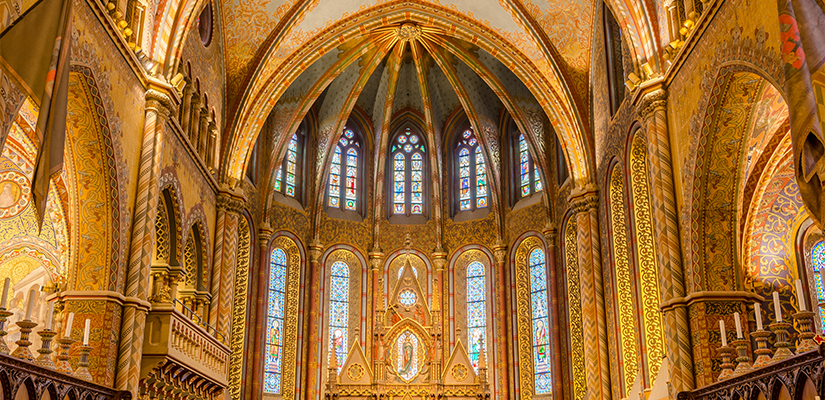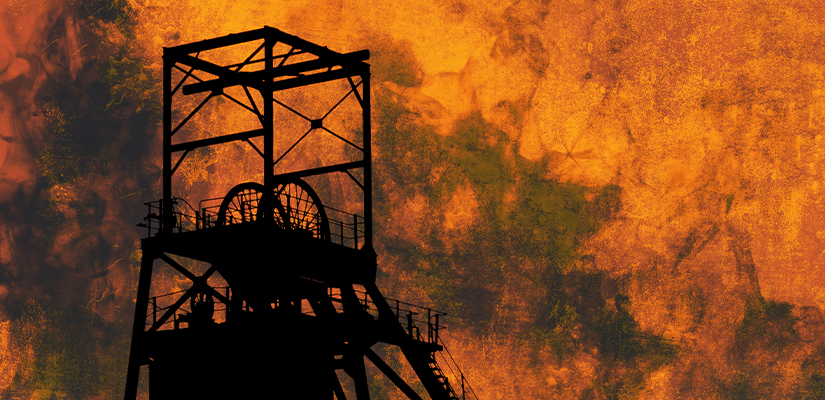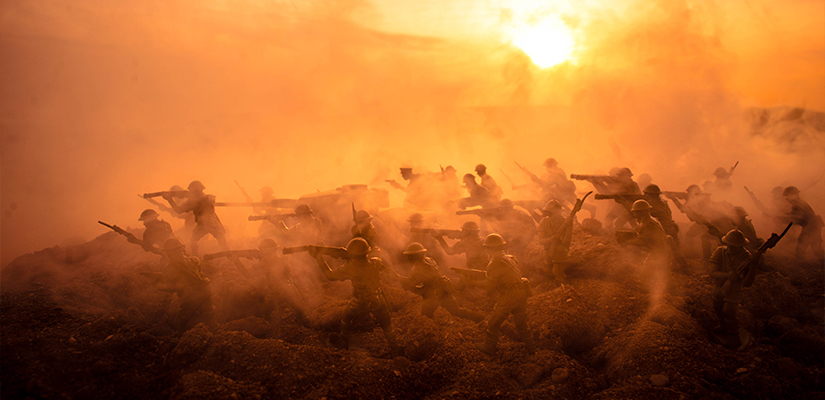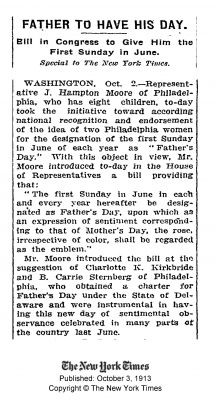Everyone knows that Father’s Day is a thing. Many people will be able to tell you that it is in June, in the UK at least. However, very few people will be able to tell you much more than that. Until I actively looked it up, I couldn’t (except for the fact that I knew it was the third Sunday in June), so I can’t say I find it that surprising. The history of Father’s Day, however, is actually a very interesting one.
Father’s Day – to honour Fathers and fatherhood
As far as Father’s Day goes, the clue is very much in the name there. We celebrate Father’s Day to show appreciation for our paternal bonds. In some places, societal fathers are also celebrated, especially those who have had a great influence, such as Russia’s Defender of the Fatherland Day. This was a celebration of those in the Russian Armed Forces, regardless of gender, however nationally the congratulations are accepted by all fathers.
Early paternal celebrations
In Catholic traditions, especially in Catholic Europe, there has been a day where it was customary to celebrate fatherhood since at least the Middle Ages. This was always on March 19th, which is the feast day of Saint Joseph: father of four sons, and at least two daughters, as well as being the ‘legal’ father of Jesus, as Mary’s husband. The Spanish and Portuguese brought this celebration to the Americas and in Latin America, it is still celebrated on the same day, St Joseph’s Day on March 19th.

The start of something
Father’s Day – outside of Catholic celebrations – almost came to be numerous times, before it was properly established. All around the same time, but none quite catching on. The first of which was in 1908, after Mother’s Day was successfully promoted in Grafton, West Virginia, by Anna Jarvis.
In December of 1907, Grace Golden Clayton of Fairmont, West Virginia, was mourning the loss of her own father when in the nearby town of Monongah a mining disaster occurred, whereby an explosion occurred in two of the mines. This has been described as the worst mining disaster in American history and was caused by a coal mine fire. Officially there were 367 men across the two mines. There were only five survivors: a Polish miner who was rescued and four Italian miners who managed to escape. The official death toll was 362. However, the actual number was much higher as workers who were officially registered often took family, and even their children, down to the mines to help.
Of the 362 casualties, 250 of them were fathers, which was devastating to some thousand children who were left behind. Grace Golden Clayton put it to her pastor that these fathers should be honoured. Thus, the first ‘Father’s Day’ observation took place on 5th July 1908.
Unfortunately, this event never made it out of Fairmont and was not celebrated again for numerous years. It was hugely overshadowed by Independence Day which takes place on 4th July. And this was one of the main reasons, alongside a number of other factors.

Attempts 2 and 3 to get Father’s Day on the calendar
Unfortunately, the failed attempts to have a nationally or internationally recognised celebration of Father’s Day outside of Catholic customs don’t stop there. In 1911, Jane Addams – a woman raised mainly by her older sisters and was incredibly close to her father – proposed a celebration be held across the whole city of Chicago, Illinois. Her proposal, however, was rejected. Addams was a social worker as well as a political activist, author, community organiser, and lecturer. She went on to win the Nobel Peace Prize in 1931. She was the second woman to do so, just four years prior to her death.
In Vancouver, in Washington, a Father’s Day celebration was held in 1912. This has been under the suggestion of J.J Berringer, a Methodist Pastor. Due to the lack of publicity that Grace Golden Clayton’s celebration received, it was incorrectly believed in Vancouver that they were the first to celebrate this event. The idea for such an event came from a suggestion the previous year in a daily newspaper called The Portland Oregonian.
Founding Father’s Day
Ultimately, the founding of Father’s Day is attributed to Sonora Smart Dodd. Her father was an American Civil War veteran, a sergeant in the Union’s First Arkansas Light Artillery. Sonora’s mother died during childbirth with her sixth child, when Sonora was only sixteen. As the only daughter, she helped her father raise her younger brothers, including Marshall, the newest addition.
Sonora heard a sermon about Anna Jarvis’ Mother’s Day at her church in 1909. She told her pastor that she felt that fathers, should too, have a holiday to honour them. Dodd proposed the 5th June. This was her father’s birthday, but unfortunately, the pastors said that this wouldn’t give them enough time to prepare sermons. This was subsequently moved to the third Sunday in June and was accepted by several local clergymen. Sunday 19th June 1910 saw the birth of Father’s Day. Sonora held a celebration at the YMCA in Spokane, in Washington. Several sermons were presented throughout the city to honour fathers.

Sonora’s Studies
Throughout the 20s, Sonora stopped promoting Father’s Day due to her studies at the School of the Art Institute of Chicago. This was one of America’s largest accredited independent schools of art and design. This caused the special day to fizzle out somewhat, not only across the city but in Spokane itself, too.
During the 1930s, Dodd finished school and returned to Spokane. She started promoting the celebration of Father’s Day once more, and this time she raised awareness at a national level. Through enlisting the help of those with a commercial interest in the celebration, such as the manufacturers of ties and tobacco pipes, by 1938, Sonora had help from the Father’s Day Council, which had been founded by the New York Associated Men’s Wear Retailers.
Initial Resistance
America resisted the holiday for decades. The American’s saw this as commercialisation based on the successes of Mother’s Day. Father’s Day became the butt of jokes and was often featured throughout local news with cynicism and sarcasm.

Submitting the Bill

The initial bill for Father’s Day was introduced into the House of Representatives in 1913, by Mr J. Hampton Moore, who was a US representative from Philadelphia. This stated that he was acting on behalf of two Philadelphia women, Charlotte K. Kirkbride and B. Carrie Sternberg, to make the first Sunday in June each year a Father’s Day celebration. It was said that they’d obtained a charter under the state of Delaware and that they had been instrumental in the celebrations that had occurred the previous year.
In 1916, President Woodrow Wilson went to Spokane to speak at the Father’s Day celebration there that year. It was said that he wished to make it a federal holiday that was officially recognised. However, he met resistance in Congress.
In 1924, President Calin Coolidge recommended that the Father’s Day should be recognised across the whole nation. However, he didn’t issue a national proclamation to that effect. There were also two earlier attempts to get Father’s Day recognised as a holiday, formally. Both were also thwarted by Congress.
A woman who said it like it is
In 1957, Maine Senator, Margaret Chase Smith changed everything. She wrote a proposal for Father’s Day that truly put Congress in their place. She accused them of ignoring fathers for four decades whilst mothers were celebrated annually. Claiming that they were singling out one of the two parents that we have; in her proposal she wrote:
“As far as I can gather, Congress has been guilty now for 40 years of the worst possible oversight perpetrated against the gallant fathers of our land. As a daughter, as a woman, and as a United States Senator, I must say as strongly as I know how, that the conduct of Congress in this regard should cause us to hide our faces in shame.
Either we honour both our parents, mother and father or let us desist from honouring either one. But to single out just one of our two parents and omit the other is the most grievous insult imaginable.”

Finally, some movement on Father’s Day
In 1966, President Lyndon B. Johnson issues a presidential proclamation, the first – despite many attempts. He designated the third Sunday in June to Father’s Day. It wasn’t until six years later, in 1972 that it was made a national holiday, permanently. President Richard Nixon signed it into law. 64 years after the first Father’s Day celebration was held. This was 59 years after the first bill was introduced to the U.S. Congress.
Recognition, where recognition is due
Expo ’74 was the first environmentally themed world’s fair. It was held in Spokane and spanned six months from May to November. This event saw Sonora Smart Dodd being honoured. At 96 years old, she passed away four years later in 1978.
In 2008, Sonora Smart Dodd was commended for her contributions towards recognising the importance of Father’s Day



